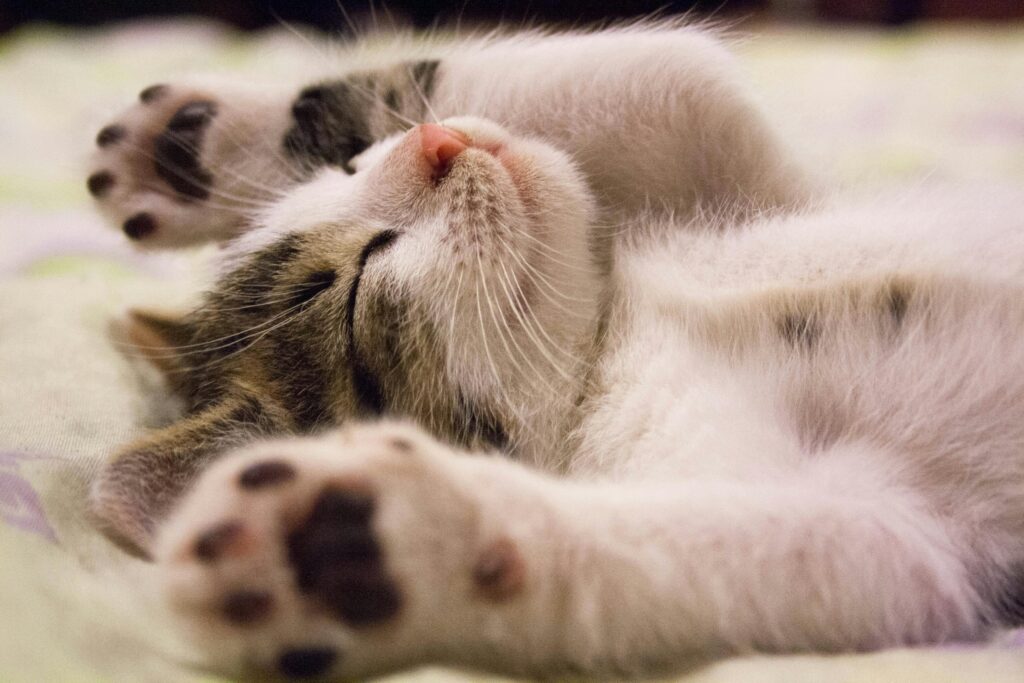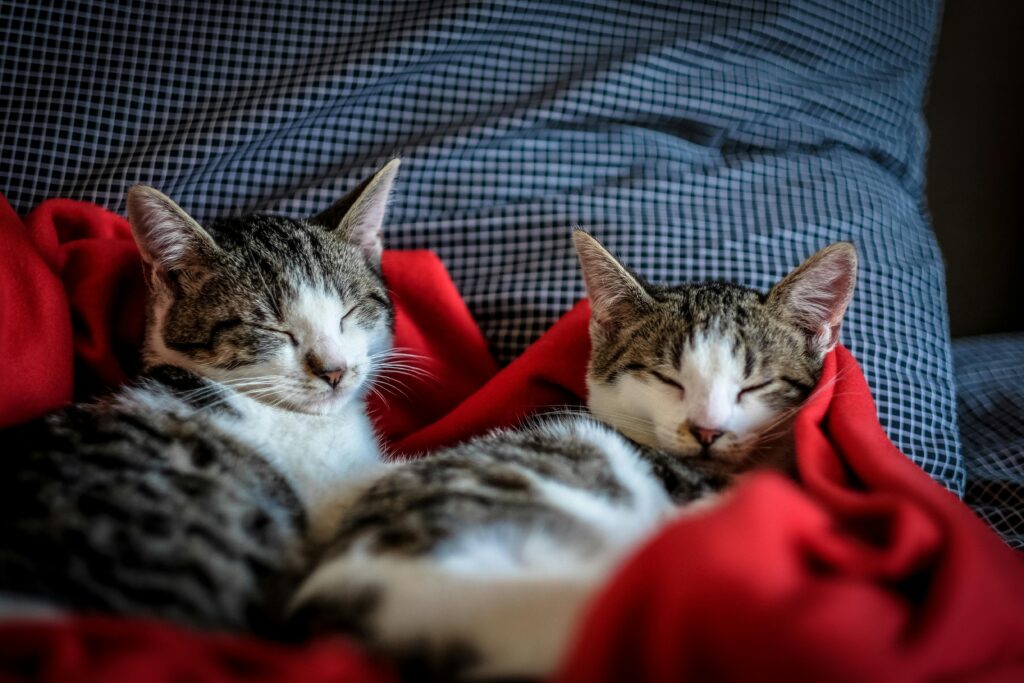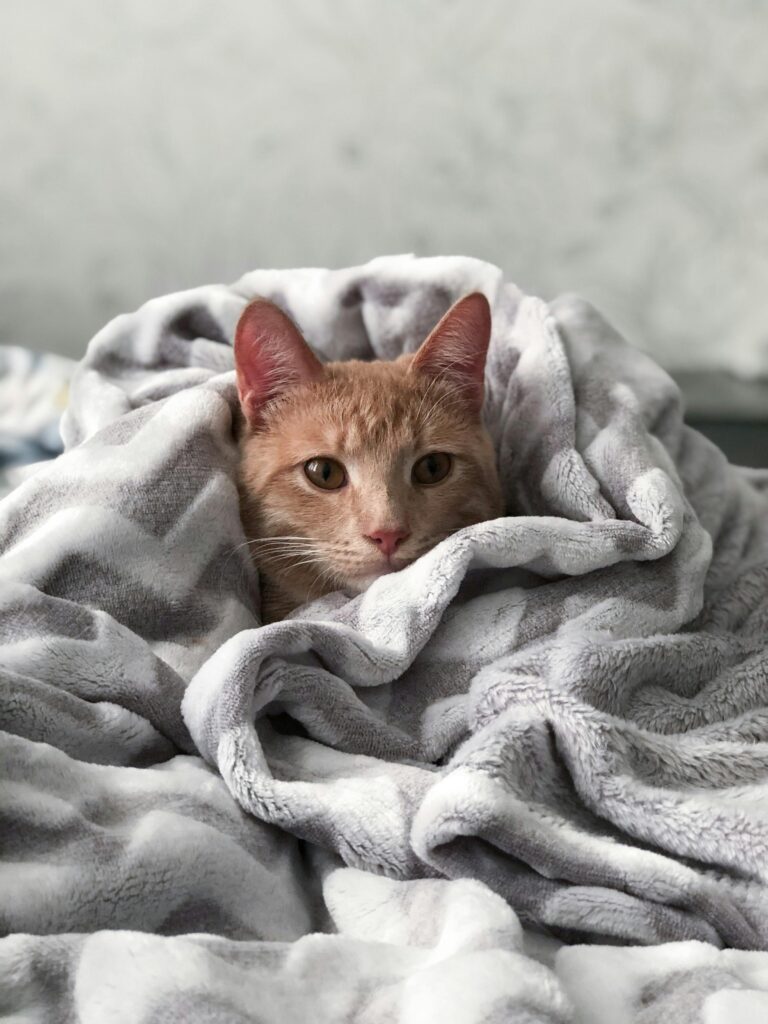Health issues in Cats are common and can have a big effect on their wellbeing. Due to their independent personalities and often stern temperaments, it can be difficult for pet owners to notice when their furry buddy is ill. Nonetheless, cats are prone to a range of health problems that may have an impact on their well-being, much like any other animal. This post will discuss some of the most typical health issues that cats encounter, how to spot the symptoms, and preventative measures you may take.
Table of Contents

1. Health Issues in Cats: Dental Problems
One of the most common health issues in cats is dental disease, although pet owners frequently overlook it. Bad oral hygiene can result in periodontal disease, which can hurt, make eating difficult, and even raise the risk of more serious health issues, including kidney and heart damage. Cats with dental problems may exhibit poor breath, swollen gums, and a reluctance to consume hard foods.
Prevention: Cats’ teeth issues can be avoided with regular dental care. This includes giving your cat dental treats or toys to chew on, brushing their teeth regularly, and making annual appointments for dental examinations with your veterinarian.
2. Health Issues in Cats: Obesity
Studies indicate that up to 60% of cats in the United States may be overweight or obese, indicating that obesity is an increasing issue among cats. Similar to people, cats that are obese may develop diabetes, rheumatoid arthritis, and heart disease, among other health problems. Cat obesity manifests as a bulging belly, lethargic behavior, and trouble grooming.
Prevention: Providing balanced food, keeping an eye on portion sizes, and promoting regular exercise with interactive play and toys are all important ways to prevent obesity in cats.

3. Health Issues in Cats: Urinary Tract Infections (UTIs)
Cats frequently get urinary tract infections, especially elderly cats and cats with specific medical issues. In severe cases, urinary tract infections (UTIs) can result in kidney damage, pain, and trouble peeing. Frequent urination, straining to urinate, and blood in the urine are indicators that your cat has a UTI.
Prevention: Giving cats access to clean water and healthy food will help shield them from urinary tract infections. Moreover, offering many litter boxes in homes with multiple cats and maintaining clean litter boxes can significantly lower the risk of urinary tract infections.
4. Health Issues in Cats: Hairballs
For cat owners, hairballs are a typical annoyance, particularly with long-haired breeds. While the odd hairball is acceptable, frequent or persistent hairballs may be a sign of a more serious health concern, such as excessive grooming or digestive issues. Constipation, vomiting, and hacking or retching sounds are indications that a cat has hairballs.
Prevention: By getting rid of loose hair before it gets ingested, regular grooming can help cats have fewer hairballs. Furthermore, giving a high-fiber diet or giving treats that prevent hairballs can facilitate the easier passage of hair through the digestive system.

5. Health Issues in Cats: Parasites
Cats frequently have parasites like fleas, ticks, and intestinal worms, which can lead to a variety of health concerns like skin irritation, anemia, and digestive disorders. Itching or scratching, visible parasites in the fur or feces, and behavioral or dietary abnormalities are all indicators that a cat has parasites.
Prevention: Regular deworming, flea and tick prevention treatments, and maintaining clean, uncluttered indoor and outdoor spaces free of possible infestation sources are all important steps in preventing parasites in cats.
6. Health Issues in Cats: Respiratory Infections
Cats frequently contract respiratory illnesses, such as feline upper respiratory infection (URI) or feline viral rhinotracheitis (FVR), especially if they live in multi-cat settings like shelters or catteries. Symptoms of respiratory infections include fever, nasal discharge, coughing, and sneezing.
Prevention: One of the most important ways to shield cats against respiratory illnesses is through vaccination. Furthermore, lowering stress levels, ensuring enough ventilation, and practicing excellent cleanliness can all help lower the incidence of respiratory infections.
Conclusion
Despite their seeming toughness, cats can suffer from a number of health conditions that can lower their quality of life. You can help guarantee that your feline buddy remains happy and healthy for years to come by becoming knowledgeable about the frequent health issues that cats encounter and taking proactive measures to prevent them. A balanced diet, regular dental care, a clean and safe environment, and routine veterinary check-ups are essential to keeping your cat healthy. Recall that treating health problems in cats requires early identification and intervention, so make sure to get your pet checked out by a veterinarian as soon as you see any symptoms of disease or discomfort.
